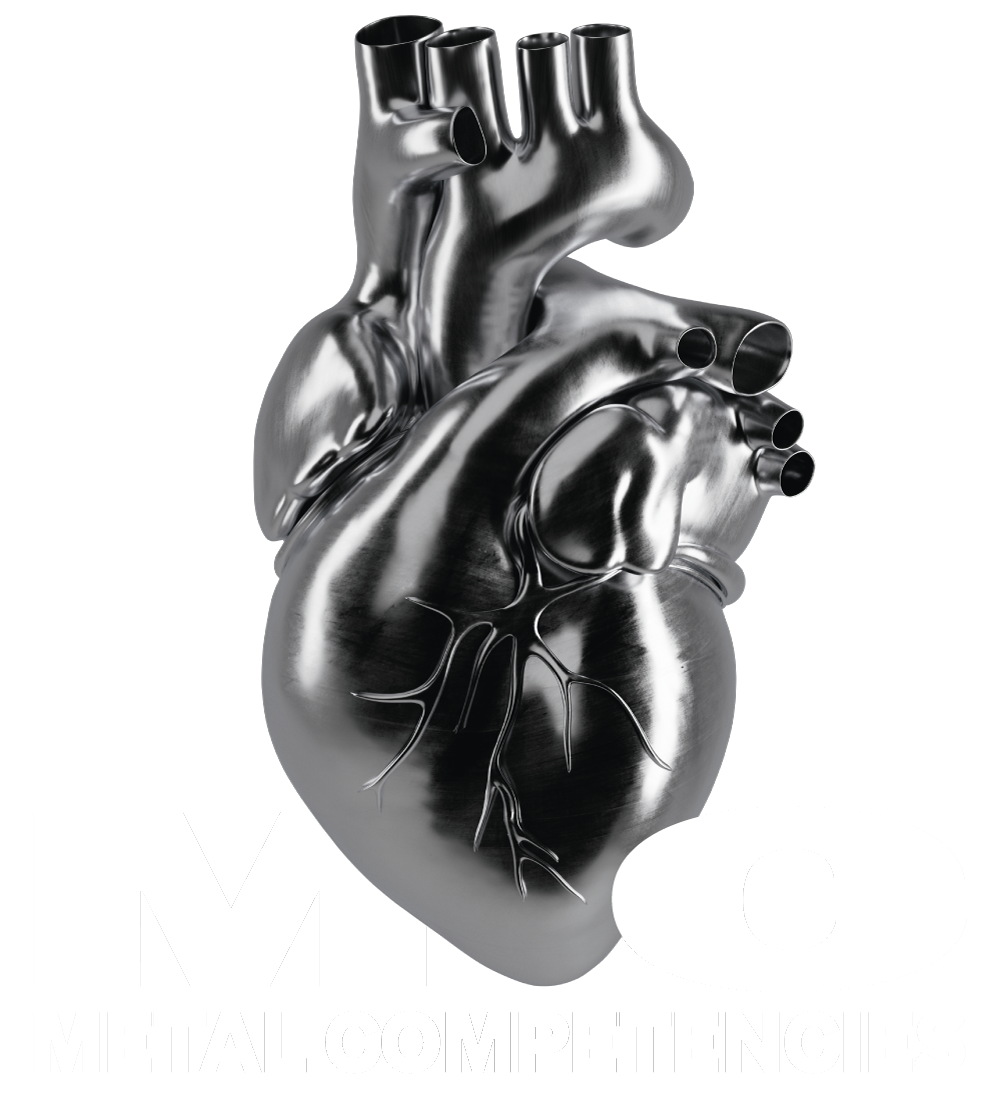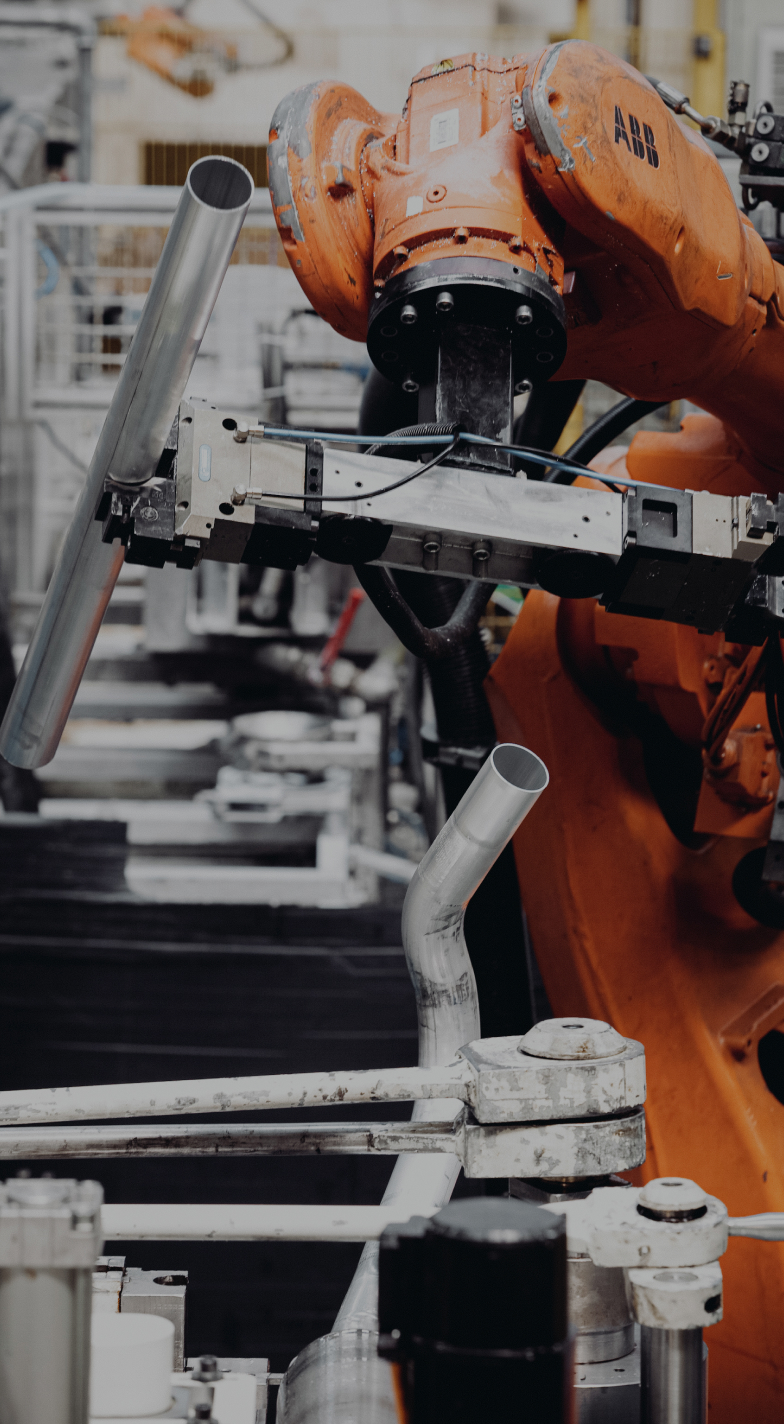Structural Parts
Metal structural parts play a crucial role in various industrial applications, providing strength, durability, and reliability to structures and machinery. Typically crafted from materials like steel, aluminum, or titanium, these components contribute to the overall stability and integrity of industrial applications.
The versatility of metal structural parts allows for customization to specific industrial requirements. Precision engineering ensures tight tolerances and accurate assembly, contributing to the overall efficiency and safety of industrial processes. These parts are often designed to resist corrosion, extending their lifetime and minimizing maintenance needs.
Whether in aerospace, automotive, or heavy machinery industries, metal structural components are foundational elements that enhance the performance and longevity of industrial applications, providing a solid framework for innovation and progress.
Metal Competencies supports you in:
- Conceptualization
- Feasibility and simulation
- Industrialization
Structural Parts FAQs
Structural components are special elements that are used in a structure to support and transfer loads. They are usually made of metal and are used in a wide range of applications, including various devices, structures, vehicles and machines.
Metal moulded parts offer a number of advantages over other components, including high strength and rigidity, lower weight, precise dimensions. It is possible to produce complex shapes at low cost, as production costs can also be further minimised with high quantities.
Automotive parts: Metal parts for the automotive industry, such as car bodies, doors and bonnets.
Aerospace parts: Special parts for the aviation industry, such as aircraft wings, engine components and landing gear.
Household appliance mouldings: Made to measure for household appliances, such as washing machines, refrigerators and cookers.
Electronics: Metal parts for batteries, electronic devices such as computers, smartphones and circuit boards.
Processes relating to structural components are constantly evolving, which is why we develop customised process solutions tailored to individual requirements. Metal Competencies not only concentrates on the technical realisation, but also considers the entire manufacturing process. This also includes the material flow between the individual process steps. We are convinced that there is great potential for savings in the process optimisation and production steps.
We use optimised manufacturing processes to ensure that the procured components meet the specific application requirements. This requires defining clear requirements, evaluating supplier capacities, considering cost efficiency, ensuring compatibility and integration and assessing long-term performance and reliability. As a reliable competence partner, we support you from planning to production and assembly.



